Patricia Shafer, Senior Fellow for Peace Education, Alliance for Peacebulding
The concept of “culture of peace” first arose in 1992 when the end of the Cold War made an end to all war seem feasible. Since then, “peace” has expanded beyond absence of violence to “positive peace” – the pursuit of well-being for all with an emphasis on human and environmental rights. Yet, actual peace still seems, to many, far away. The Institute for Economics & Peace asserts that global “peacefulness” declined in nine of the past 14 years, with US deterioration being a significant factor. Some observers propose we are on the verge of another Civil War. According to the UN, the global gap between desire and reality stems from lack of education for young people with an emphasis on applied peacebuilding. Could teachers become the “essential peace”? Facilitated by a globally recognized peace education practitioner and guest scholars, Fellows will learn frameworks of 21st century peacebuilding and how to align them with content and instructional standards, with an emphasis on often-taught Social Studies themes/eras, including: Civil War and Civil Rights, Education, Immigration, and Business Reform/Economic Policy. These will be seen anew and “recast” through Eight Pillars of Peace, Galtung’s Triangle of Violence, Conflict Mapping and other core frameworks; model inquiry-based lessons and activities; and curated resources from institutions including CTI partner Levine Museum of the New South. Examining these resources, Fellows will be equipped to create curriculum units that bring peace alive by promoting new narratives, critical thinking, and civic opportunities among students.
Sample Resources:
- The Elusive Nature of Peace Education by Daniel Bar-Tal Tel-Aviv University School of Education 2001.
- Violence, Peace, and Peace Research by Johan Galtung, International Peace Research.
- Defining Reflection: Another Look at John Dewey and Reflective Thinking by Carol Rodgers, State University of New York.
- Johan Galtung, Negative and Positive Peace;
- History of Peace Education, Ian Harris, Professor emeritus, Department of Educational Policy and Community Studies at the University of Wisconsin-Milwaukee.
Seminar Participants:
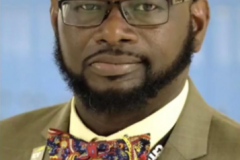

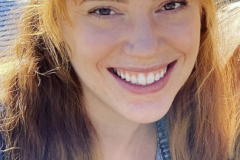
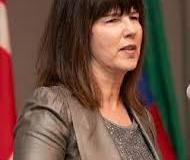



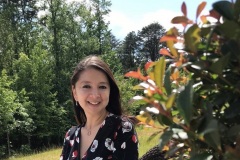
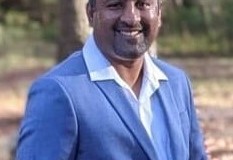
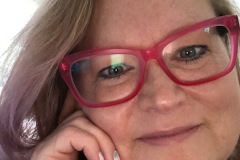
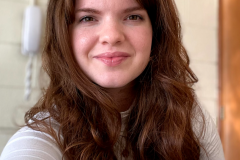
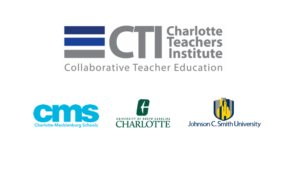
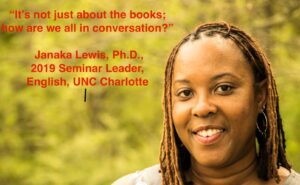

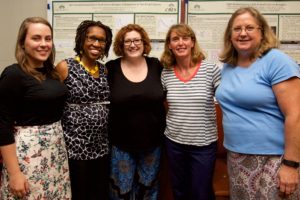
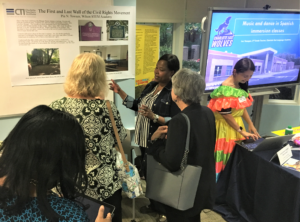
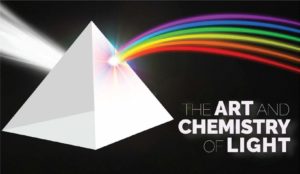




 Home
Home